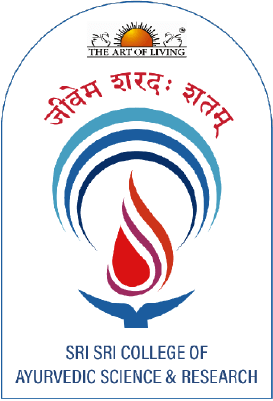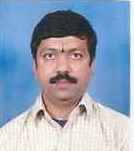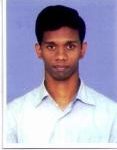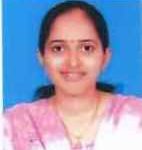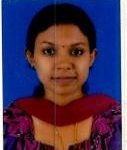Kayachikitsa
Deals with the treatment of general systemic diseases. Kaya means body. It constitutes the substratum for health and diseases. The measures(diet, daily regimen, therapies, medicines, etc) employed to bring about the equilibrium of this body are dealt with in kayachikitsa. Kaya also refers to the digestive fire’. Ayurveda believes that diseases are caused due to imbalance of the digestive fire(agni). Hence, kaya chikitsa deals with the correction of agni which in turn helps in the restoration of health. It finds its parallel in the modern discipline of general medicine.
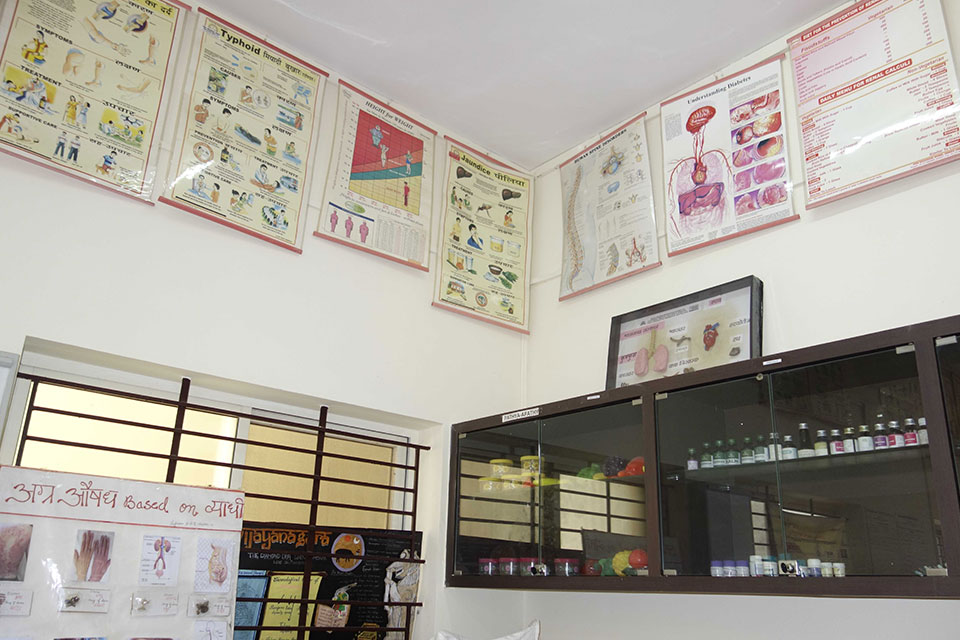
Other Departments
Kaya chikitsa focuses on the diagnosis, prevention, and treatment of various general diseases like diabetes mellitus, various kinds of Arthritis, skin diseases, respiratory diseases, gastrointestinal diseases, and many others.
According to kaya chikitsa, most diseases are the result of an imbalance in the harmony of tridosas (Vata, pitta, and Kapha) in the body. Kaya chikitsa provides several measures to maintain the balance between these dosas. Moreover, it also tells how to maintain harmony between the body, mind, and soul. It also discusses the basic methods of treatment by various types of therapies and purification methods.
Ayurveda has discussed six stages of a disease, which include aggravation, accumulation, overflow, and relocation; build-up in a new site, and manifestation into a recognizable disease. Kaya chikitsa also various measures to stop any disease in any of the six stages of the disease. One of the most important treatment methods followed by kaya chikitsa is panchakarma, which helps in the purification and detoxification of the body and maintains the harmony of doshas to attain good health, calmness of mind, and happiness in life.
Kayachikitsa uses several herbal and natural therapies to treat various ailments. It has been successfully implemented in the treatment of several chronic and common diseases such as muscular dystrophy, spinal and cervical problems, Erythroderma, obesity, thyroid disorders, reproductive disorders, ADHD, several psychiatric disorders, paralysis, etc
As per Ayurvedic scriptures, our body is made of seven types of dhatu or tissues namely plasma, blood, muscle, fat, bone, bone marrow, and reproductive tissues. Kaya chikitsa with the help of several medications and physical and mental therapies helps in the proper maintenance of these factors in our body and thus keeps us healthy.
Faculty
Sri Sri College
of Ayurvedic Science & Research
21st km, P. O. Udayapura,
Kanakpura Road, Bengaluru – 560082,
Karnataka, India.
Menu
Menu
